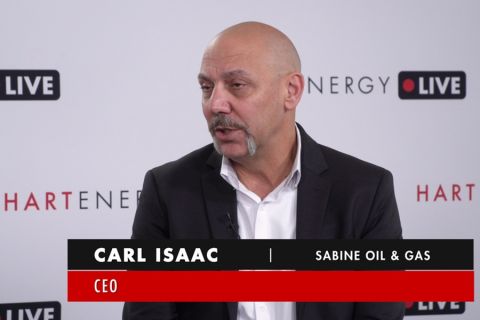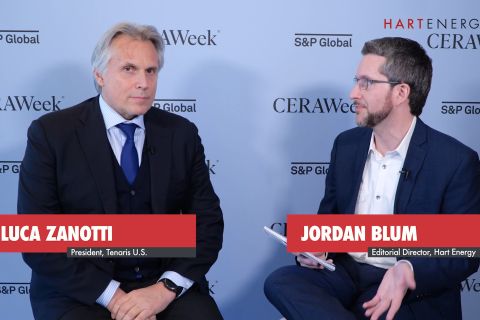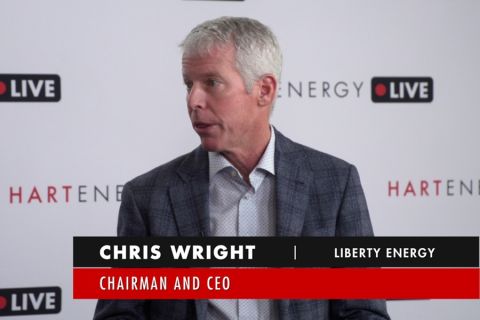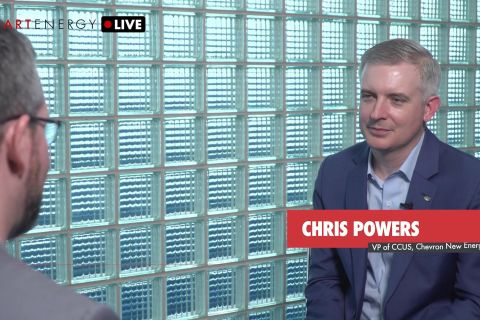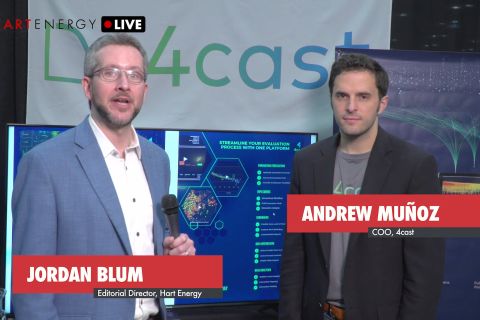Technology subsidiaries of two multinational oil companies are forming joint ventures to pursue fuel-cell product development. Shell Hydrogen U.S., a division of Royal Dutch/Shell's Shell Oil Products Co. unit, and United Technologies Corp.'s (NYSE: UTX) International Fuel Cells subsidiary, intend to establish a company to develop, manufacture and sell fuel processors for the emerging fuel-cell and hydrogen-fuel markets. Meanwhile, Texaco Inc.'s Texaco Energy Systems Inc. (TESI) subsidiary and Energy Conversion Devices Inc. are forming Texaco Ovonic Fuel Cell Co. LLC to develop and commercialize the Ovonic Regenerative Fuel Cell. The two, separate joint ventures reflect a similar belief by Shell and Texaco that fuel cells represent significant potential not only as alternatives to current motor vehicle engines and fuels, but also in electricity and industrial markets. Shell and IFC intend to develop processors to convert fossil fuels, such as natural gas or gasoline, into hydrogen. Their joint venture's market targets will be fuel cells in automobiles, buses, and power generators, and at distributed hydrogen fueling applications (such as at retail or commercial filling stations, convenience stores and residences). The two companies currently are pursuing different aspects of developing fuel processors for these markets. By combining their complementary technological and marketing strengths, they expect to create a global competitor in this technology. The joint venture will market to a wide range of customers, including automotive manufacturers and fuel-cell power plant manufacturers such as IFC. Shell also will market IFC fuel-cell power systems for certain stationary power applications. "Shell Hydrogen is committed to hydrogen as the fuel of choice and to delivering hydrogen fuel on a commercial basis," said Don Huberts, the company's chief executive officer. "Fuel processors provide a practical and critical bridge between today's technology and tomorrow's by providing hydrogen from safe, inexpensive and readily available sources." The multinational oil company set up Shell Hydrogen in 1999 to pursue and develop hydrogen and fuel-cell business opportunities. Meanwhile, Texaco Ovonic Fuel Cell Co. will draw on ECD's proprietary technology and its fuel-cell development expertise and receive additional technological support and funding for development work and initial product launch from TESI. The joint venture's two participants intend to start work immediately, with more than $40 million of funding for initial product and market development. "The Ovonic Regenerative Fuel Cell(TM) represents the kind of important advanced energy technology in which Texaco intends to be a leader," said Texaco Inc. senior vice president William M. Wicker. "This joint venture not only moves us closer to that objective, but also builds upon our relationship with ECD and the strategic investment we made in the company earlier this year." TESI is focused on commercialization of fuel cells and other advanced technologies, including development of fuel processing technology for fuel cells. Based in Troy, N.Y., ECD develops energy technologies such as hydrogen storage, advanced batteries, thin-film photovoltaics and fuel cells. The Ovonic Regenerative Fuel Cell(TM) is being developed for use in the full range of fuel-cell commercial applications, and has the potential to deliver high efficiency levels, a wide operating-temperature range and instant start capability. ECD uses a low-cost, proprietary non-noble metal catalyst materials technology that gives the Ovonic Regenerative Fuel Cell significantly superior performance and lower costs compared to other technologies, such as Proton Exchange Membrane (PEM) fuel cells. Its ability to store energy during braking also makes it ideal for vehicle applications, Texaco and ECD said. -Nick Snow
Recommended Reading
Exclusive: Sabine CEO says 'Anything's Possible' on Haynesville M&A
2024-04-09 - Sabine Oil & Gas CEO Carl Isaac said it will be interesting to see what transpires with Chevron’s 72,000-net-acre Haynesville property that the company may sell.
Exclusive: Tenaris’ Zanotti: Pipes are a ‘Matter of National Security’
2024-04-12 - COVID-19 showed the world that long supply chains are not reliable, and that if oil is a matter of U.S. national security, then in turn, so is pipe, said Luca Zanotti, U.S. president for steel pipe manufacturer Tenaris at CERAWeek by S&P Global.
Exclusive: Liberty CEO Says World Needs to Get 'Energy Sober'
2024-04-02 - More money for the energy transition isn’t meaningfully moving how energy is being produced and fossile fuels will continue to dominate, Liberty Energy Chairman and CEO Christ Wright said.
Exclusive: Chevron New Energies' Bayou Bend Strengthens CCUS Growth
2024-02-21 - In this Hart Energy LIVE Exclusive interview, Chris Powers, Chevron New Energies' vice president of CCUS, gives an overview of the company's CCS/CCUS activity and talks about the potential and challenges of it onshore-offshore Bayou Bend project.
Exclusive: As AI Evolves, Energy Evolving With It
2024-02-22 - In this Hart Energy LIVE Exclusive interview, Hart Energy's Jordan Blum asks 4cast's COO Andrew Muñoz about how AI is changing the energy industry—especially in the oilfield.

